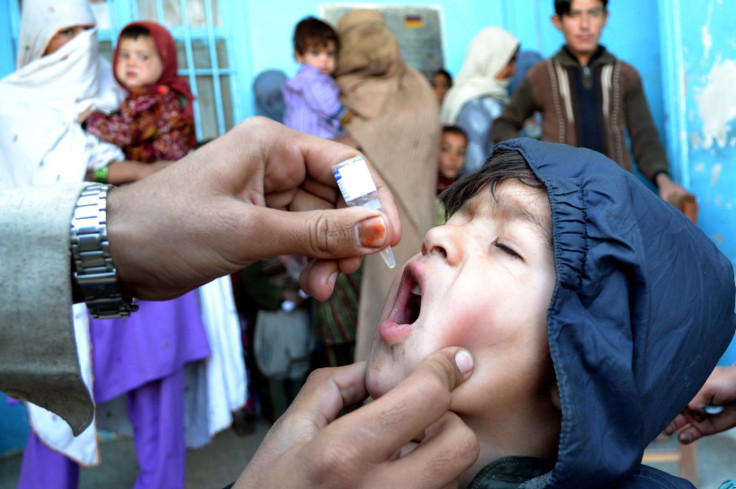No More Spies In Vaccination Campaigns, White House Says, But Damage Has Already Been Done

The White House has promised to never again use vaccination campaigns in their spy operations. The disguise of an intelligence-gathering mission as a humanitarian public health service has proved to be not only ineffective, but also have detrimental consequences for the health of both the community and the rest of the world.
This promise has come in response to a public disapproval of the espionage tactics by twelve deans from U.S public health school. The protest was presented in the form of a letter which was mailed to the White House in January 2013, The Washington Post reports. The American education workers specifically refer to the CIA’s use of a Pakistani vaccination clinic in an information-gathering mission.
An Operation Gone Horribly Wrong
Shakil Afridi, a Pakistani born surgeon and pro-American patriot, administered hepatitis immunizations in order to obtain fluid containing DNA of bin Laden’s relatives. Unfortunately the plan failed terribly and Afridi never actually obtained any samples. Instead the surgeon was convicted of treason and sentenced to 23 years in prison. His actions also led to widespread anger, and added fuel to the already intense anti-American feelings throughout the country.
“Everything and every person associated with the U.S is a target,” Shaheed Soherwordi, an international relations professor at Peshawar University told The Washington Post. The cause of this anger was not that the U.S military attempted to kill bin Laden, but that they did so without first informing the Pakistani government of their plans. “In this part of the world, public humiliation is a very serious matter. And the U.S. has humiliated the armed forces of Pakistan,” explained Riaz Khokar, a former Pakistani ambassador to the United States.
Risk To Health Workers And Those They Serve
The consequences of the U.S government’s failed espionage operation deeply impacted international health aid efforts in Pakistan. “The U.S. doesn’t realize it, but the damage done is huge. This is a deep hurt that is not going to go away,” Khokar told The Washington Post. Vaccination clinics throughout the country were forced to close and move away. This is dangerous seeing that the WHO attributes immunizations to saving the lives of approximately 2 to 3 million people each year. The backlash on vaccinations has resulted in the death of health workers in the area and the acts of violence continue to occur sporadically. “People involved as vaccination workers need to be able to do their work safely. They need to be protected by all people globally,” Lynn Goldman, one of the deans who wrote the letter, explained. The White House hopes that by clearly defining the “delineation that exists between the intelligent and humanitarian operations”, vaccination efforts will be able to resume without putting “the lives of both humanitarians and those they serve at risk,” Sam Worthington, chief executive of InterAction, told The Washington Post.
Complications To World Health
The protests against international vaccination programs could not have come at a worse time. Two weeks ago the World Health Organization declared the spread of polio to several countries as a global health emergency. Pakistan had 83 cases of polio last year, which is more than any of the other countries currently experiencing the epidemic, The Washington Post reports. Although Afridi was not an employee of a humanitarian organization, those involved in the international aids efforts are being suspected of spying. This has drastically affected their ability to carry out their work as Pakistanis have started “hating the polio teams” following the Afridi controversy. “That is exactly the type of thing we deny, and we do not want to be associated with any of this going forward,” Worthington added. Now, according to Worthington, it has become extremely challenging to eradicate the disease. Currently the polio outbreak has spread about 10 countries in Asia, Africa, and the Middle East, but experts believe it originated in Pakistan, Syria, and Cameroon.
Published by Medicaldaily.com



























